
▌Industry Collaboration : Execution Strategy
Our team has extensive experience in collaboration with well-known domestic enterprises in related fields, having successfully executed 130 industry-academia collaboration projects over the past five years. The total amount involved in these collaborations reached an impressive NT$108 million, averaging NT$838,000 per project. Notably, our collaborations extend to several international companies, including German battery company INNOLITH, UK battery startup InoBat, and the collaboration with German battery company Vito through the European Union project and the Molecularplasmagroup (MPG).
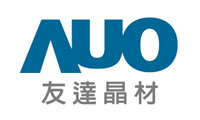
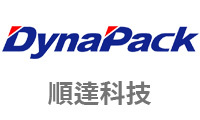

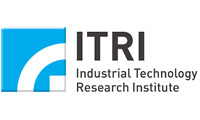
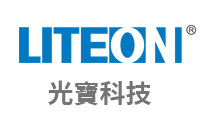
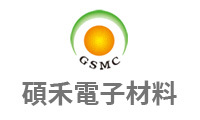
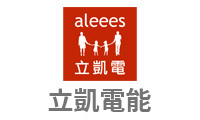


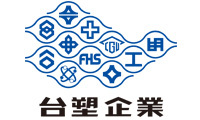
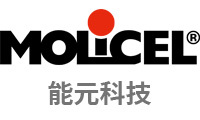

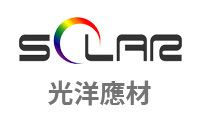


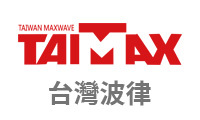
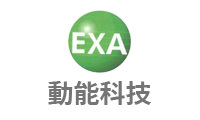
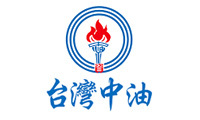
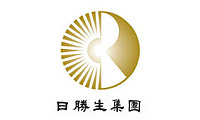
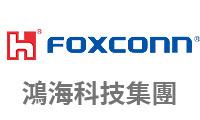
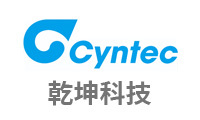
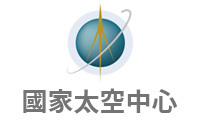



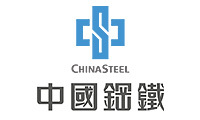

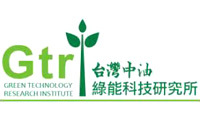


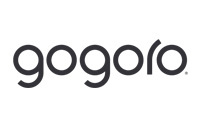
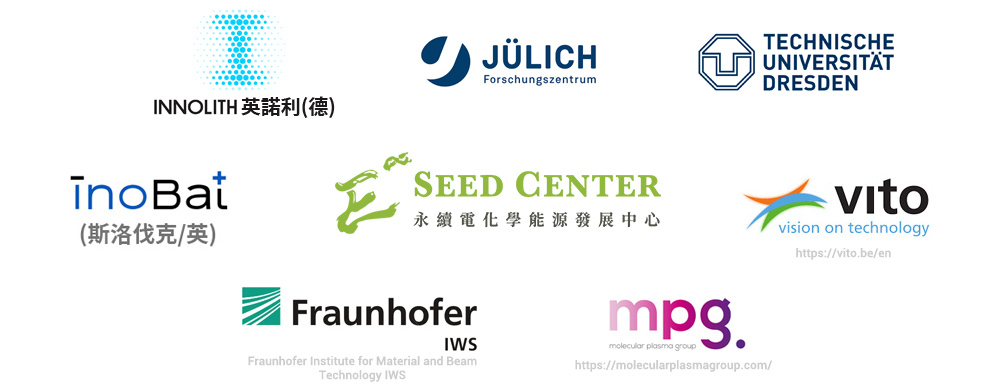
| Strategies for implementing industry-academia cooperation: • Establishment of the "Energy Storage Industry Technology Application Platform" to facilitate technological exchange, material analysis, and performance verification for domestic companies. • Utilization of international research projects as a platform, such as the Taiwan-Germany project framework, to introduce domestic company materials into collaborative projects. After laboratory testing, gradually promote them to the international industry. • Expansion of cooperation scope to include urgent industry needs such as talent development and industrial internships, addressing future talent gaps arising from the emergence of various energy and net-zero technologies. • Promotion of talent exchange through student internships in enterprises, visits by researchers to industries, learning or corporate diagnosis, and inviting industry experts to serve as guest lecturers at the university to bridge the gap between academia and industry. • Activation of intellectual property (IP): Collaborative development, patent application, and future planning should be carried out in a way that allows industries to evaluate and utilize relevant university intellectual property. This aids in promoting the commercialization of related technologies or materials and drives the development of innovation and entrepreneurship. |




